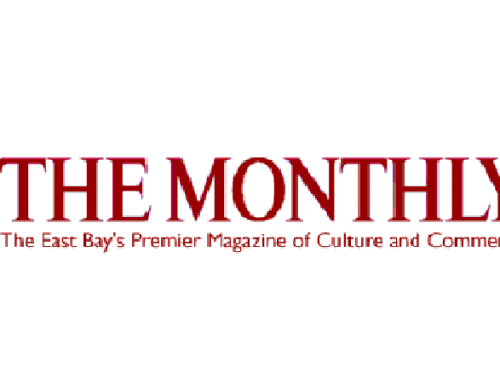By David Baker – San Francisco Chronicle
Faced with a $19 billion fine for polluting Ecuador’s rainforest, Chevron Corp. has done a remarkable job of turning the tables on its foes.
The lawyers who sued Chevron in Ecuador, winning that eye-popping judgment, have come under non-stop attack from the oil company. Chevron has hauled them into court in New York, accusing them of fraud and extortion. The company has gone after Ecuador’s judicial system as well, claiming judges there conspired with the other side.
That aggressive strategy has worked wonders, putting Chevron’s opponents on the defensive and convincing many people that the Ecuador suit is a sham.
And you can trace much of that strategy back to a 2008 memo by San Francisco’s master of crisis communications, Sam Singer.
Singer has built up an impressive practice of counseling companies, public agencies and government officials facing controversy. (Chronicle reporter Heather Knight, writing last year in our City Insider blog, called Singer the kind of crisis manager who can make shoplifting politicians seem sympathetic.) In October of 2008, he sent Chevron spokesman Kent Robertson a four-page memo outlining steps the company could take to change public perceptions of the Ecuador lawsuit.
Singer recommended going on the offensive. The company should portray Ecuador’s court system as corrupt, with collusion between judges and the plaintiffs in the lawsuit. Pointing out the leftward tilt of Ecuadoran President Rafael Correa wouldn’t hurt. And Singer recommended “counter attacks” on the plaintiffs and their legal team, particularly lead lawyer Steven Donziger.
Bear in mind that the memo was written more than two years before the Ecuadoran judge presiding over the lawsuit ruled against Chevron, in February of 2011.
Fast-forward to 2013. Much of what Singer suggested has come to pass.
Chevron has gone after Donziger with a vengeance, making him the focus of the extortion suit and even obtaining his personal diary.
The company regularly criticizes Ecuador’s judiciary and, early this year, produced a statement from a former judge who said the plaintiffs agreed to pay a $500,000 bribe to win the suit. (The plaintiffs, in return, accused Chevron of offering judges bribes in return for false statements about the case. The company agreed to pay that particular judge $38,000 for his time and effort, along with $10,000 per month in living expenses.)
Some of Singer’s recommendations didn’t fly. For example, he suggested portraying Ecuador as “the next major threat to America.” But the company took much of his advice to heart.
To the plaintiffs, who obtained the memo in court, the document is proof that Chevron’s extortion suit and attempts to discredit Ecuador’s judiciary are nothing more than a well-planned public relations campaign. They note that Chevron, years ago, fought to have the pollution lawsuit moved from New York to Ecuador, arguing that Ecuador’s court system was competent and fair.
“Any reasonable person reading this memo, knowing that the company promised under oath to abide by the court’s findings in Ecuador in order to get the case moved there from New York, would surely conclude that Chevron is an unethical company, a corporate outlaw using its wealth and power to stiff the Ecuadorian people whose lands and water they ruined out of the $19 billion they are owed,” said Bill Hamilton, a spokesman for the plaintiffs.
To Singer, however, his suggestions were just solid strategy — offense once again being the best defense.
Back in 2008, the company had not yet obtained — via court order — outtakes from the documentary movie “Crude” that showed Donziger talking about trying to pressure judges and calling evidence in the trial “smoke and mirrors and bulls**t.” Chevron also hadn’t yet obtained his diary or many of his e-mails concerning the lawsuit. But the company, Singer said, was convinced that it was being railroaded.
“In listening very carefully to Chevron and their attorneys, they knew and believed that they had the evidence and that the story being presented by Donziger and the plaintiffs was fraudulent,” Singer said.
Other public relations consultants and attorneys were giving Chevron the same advice, he said.
“That’s what we started doing in 2008, and at first it was a tough battle,” Singer said. “But the plaintiffs handed us the hammer and the nails to build their own coffin.”



Leave A Comment